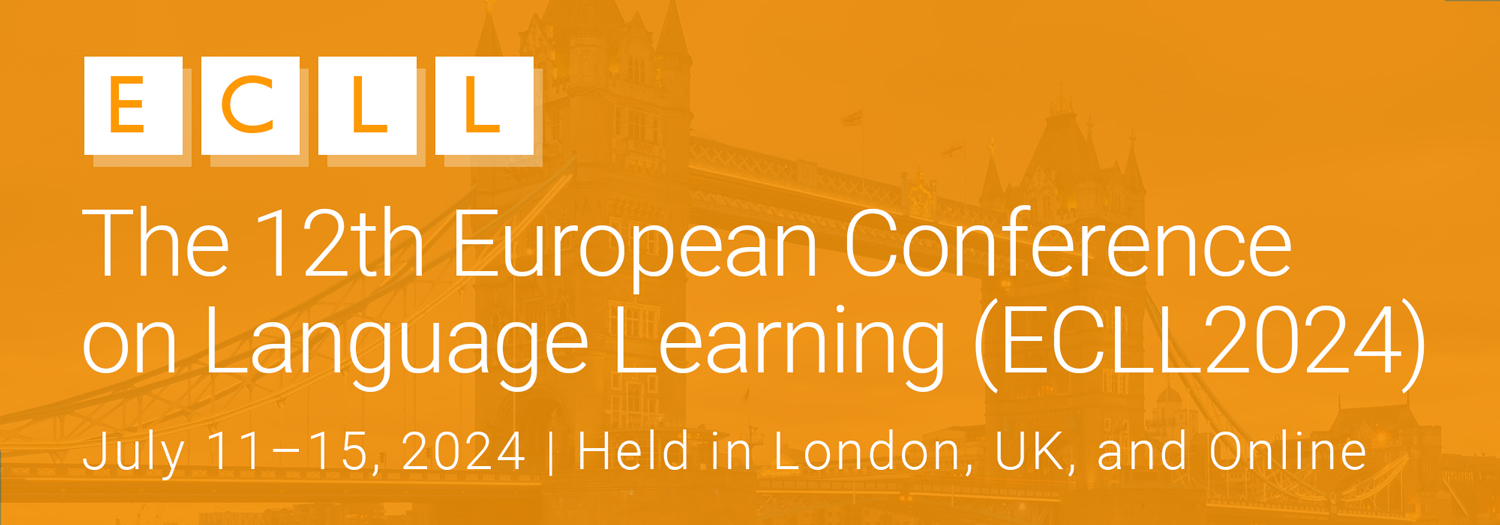Criterion Validity of Open-source, Smartphone Cognitive and Sensory Assessments Across an Australian Life Course Sample (80718)
Session Chair: Eunice Golloh
Saturday, 13 July 2024 11:50
Session: Session 2
Room: G13 (Ground)
Presentation Type:Oral Presentation
Many cognitive and sensory tasks have been adapted for smartphone testing. This study aimed to assess the criterion validity of five self-administered, open-source app-based cognitive and sensory tasks by comparing performance to researcher-administered alternatives. 43 participants (aged 21 to 82) from the Labs without Walls study (Brady et al., 2023) completed an in-person baseline to compare self-administered, app-based tasks with researcher-administered equivalents. Four preset tasks sourced from Apple’s Research Kit (Spatial Memory, Trail Making Test, Stroop Test, and dbHL Tone Audiometry) and a custom-built Ishihara Color Deficiency Test were compared. All tasks except Spatial Memory demonstrated high comparability to the researcher-administered versions. Specifically, the Trail Making Tests were strongly correlated (r = .77 and .78 for parts A and B respectively), Stroop correlations ranged from .77 to .89 and the Ishihara tasks were moderately correlated (r = .69). ICCs for the Audiometry task ranged from .56 to .96 (Moderate to Excellent). Bland-Altman plots revealed a mean bias between -5.35 to 9.67 dB for each ear and frequency with an overall bias of 3.02 and 1.98 for the left and right ears respectively, within the minimum testing interval. Furthermore, older adults had slower reaction times and lower scores than younger adults across all app-based tasks. These results offer preliminary evidence of the criterion validity of four open-source cognitive and sensory tasks, an important first step towards improving research accessibility for under-represented populations including rural communities and those with health or mobility difficulties preventing travel to the lab.
Authors:
Shally Zhou, University of New South Wales; Neuroscience Research Australia, Australia
Brooke Brady, University of New South Wales; Neuroscience Research Australia, Australia
Kaarin J Anstey, University of New South Wales; Neuroscience Research Australia, Australia
About the Presenter(s)
Shally Zhou is a psychology PhD student exploring short-term variability in multi-dimensional subjective age (e.g., how old you feel, look, think) and how this affects our health. She's interested in app-based research and life course development.
Connect on Linkedin
https://www.linkedin.com/in/shally-zhou/
See this presentation on the full schedule – Saturday Schedule





Comments
Powered by WP LinkPress